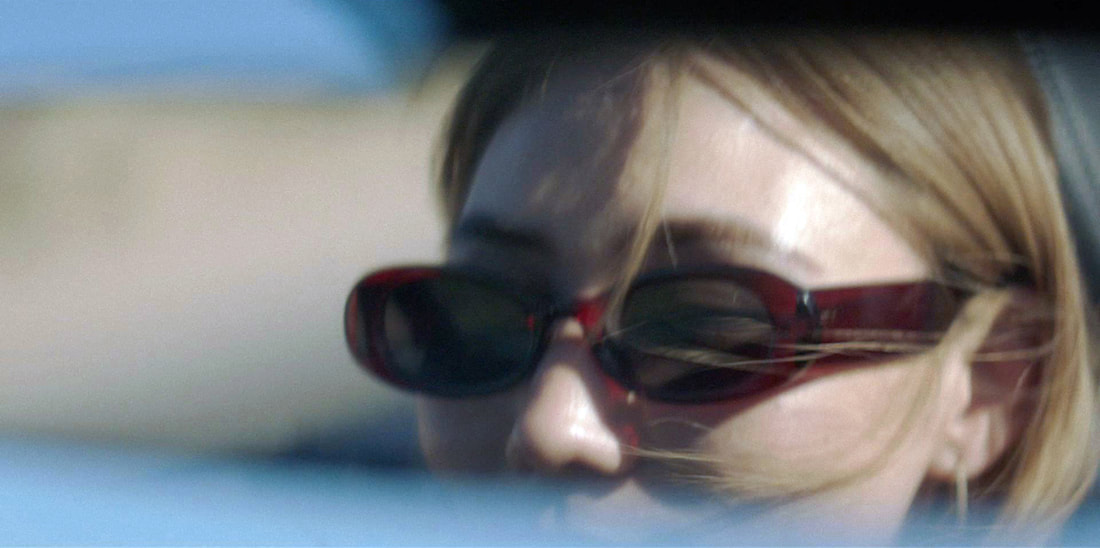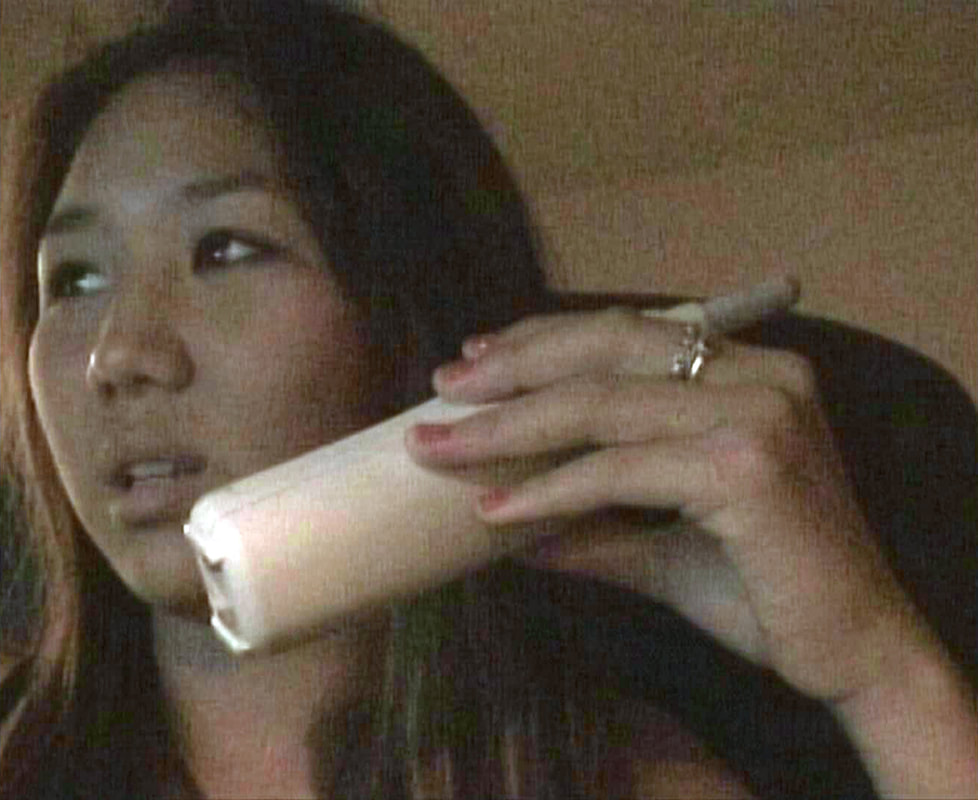|
Review by Joseph Fayed The late 2000s pop culture zeitgeist is nothing without the trials and tribulations of the Bling Ring. As the case or the key figures involved were all over the tabloids and becoming the next true crime sensations, Hollywood took note with Sofia Coppola's 2013 film The Bling Ring. But as the story went mainstream, Rachel Lee — the supposed mastermind behind all of this — never gave an interview. In The Ringleader: The Case of the Bling Ring, Rachel shares her side of the story that so many others have tried to capitalize off of. The Bling Ring were a group of teenagers living in Calabasas, California, who from 2008 to 2009 robbed the homes of several high profile celebrities. Many of them met at the same alternative school, where they bonded over their obsession with wealth and fame. Using social media or TMZ to track the locations of their targets, the group stole over 3 million dollars worth of valuables from their victims. When they finally got caught, they began to turn on each other. Rachel Lee was widely reported to be the mastermind behind it all — something she tries to dispute in this documentary, along with explaining how her life came to be what it was. The documentary is well-shot from a cinematography standpoint. It does fall into the classic documentary trope of using an absurd amount of archive news footage every other minute. To an extent, it's understandable, given how media narratives played a role in ensuring the legacy of this case, but every talking head who pointed this out was followed by said footage. Rachel Lee is interviewed in a way that explains the timeline of the events formally. Her answers to the questions asked of her are similar to those of other Bling Ring participants. The most surprising revelations actually came from her father David, who is also interviewed for the first time. His guilt and shame was buried deep for so long, so hearing him question whether his own daughter has really changed for the better is intriguing, since his arrest was the most emotional part by far. The conversation of attaining wealth and the lengths to which people will go to achieve fame is the primary focus here. Insecurity runs rampant within these circles, and that is how Rachel attributes her role within the Bling Ring. Fame was in their backyard, and they had the means to obtain it in an unorthodox way. At least, that is according to the critics or legal experts involved with the case. Rachel herself partly attributes her actions to the use of Xanax and similar drugs, something her fellow Bling Ring member Alexis Neiers has alluded to in the past. I don't think this is the most responsible take coming from a reformed burglar, and I wish it had been challenged more by those who prosecuted them and Rachel's own father.
Rachel and the rest of the Bling Ring didn't have the most traumatic childhoods, and thankfully this documentary doesn't try to milk that. Their teenage development and lack of understanding of how their actions can affect others are milked, though. It is up to the viewer if you feel sorry for Rachel. Since then, she's stayed out of trouble, but ultimately, it gives a voice to someone who was present for so many of these burglaries that fascinated Hollywood. Celebrity culture will forever be engaging for many, and that included the members of the Bling Ring. Rachel was still a key player in that based on the evidence presented — whether or not she was the mastermind behind it all. The Ringleader: The Case of the Bling Ring debuts on HBO and Max at 9pm ET/PT on October 1. Rating: 4/5
1 Comment
Richard Ling
10/4/2023 11:10:15 pm
I find this review insightful and thoughtful.
Reply
Leave a Reply. |
Archives
July 2024
Authors
All
|
|
|
disappointment media
Dedicated to unique and diverse perspectives on cinema! |


